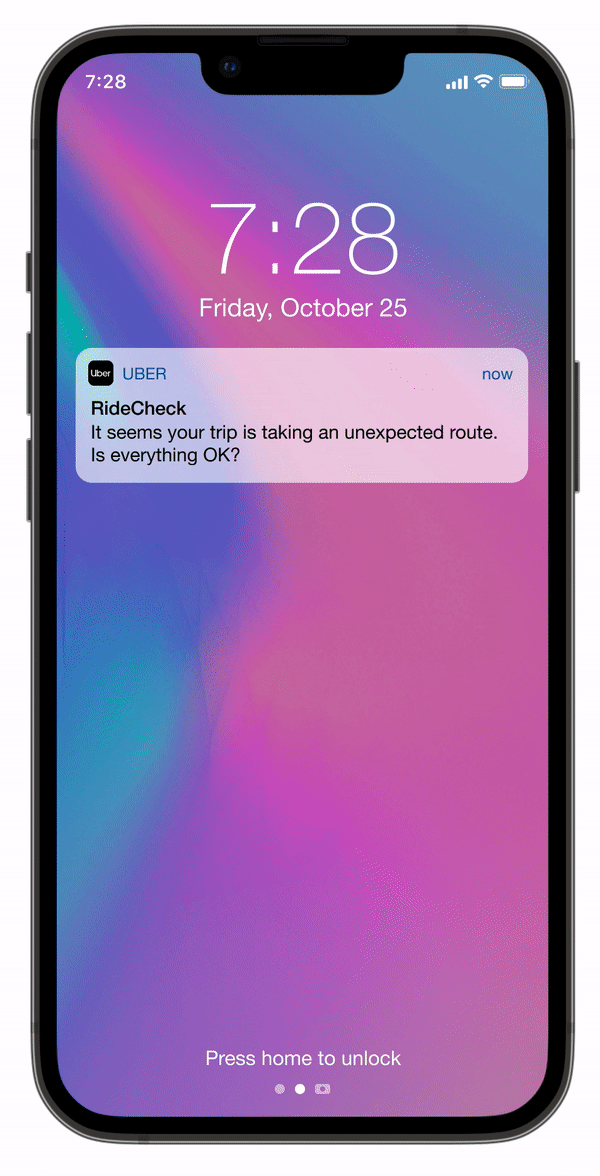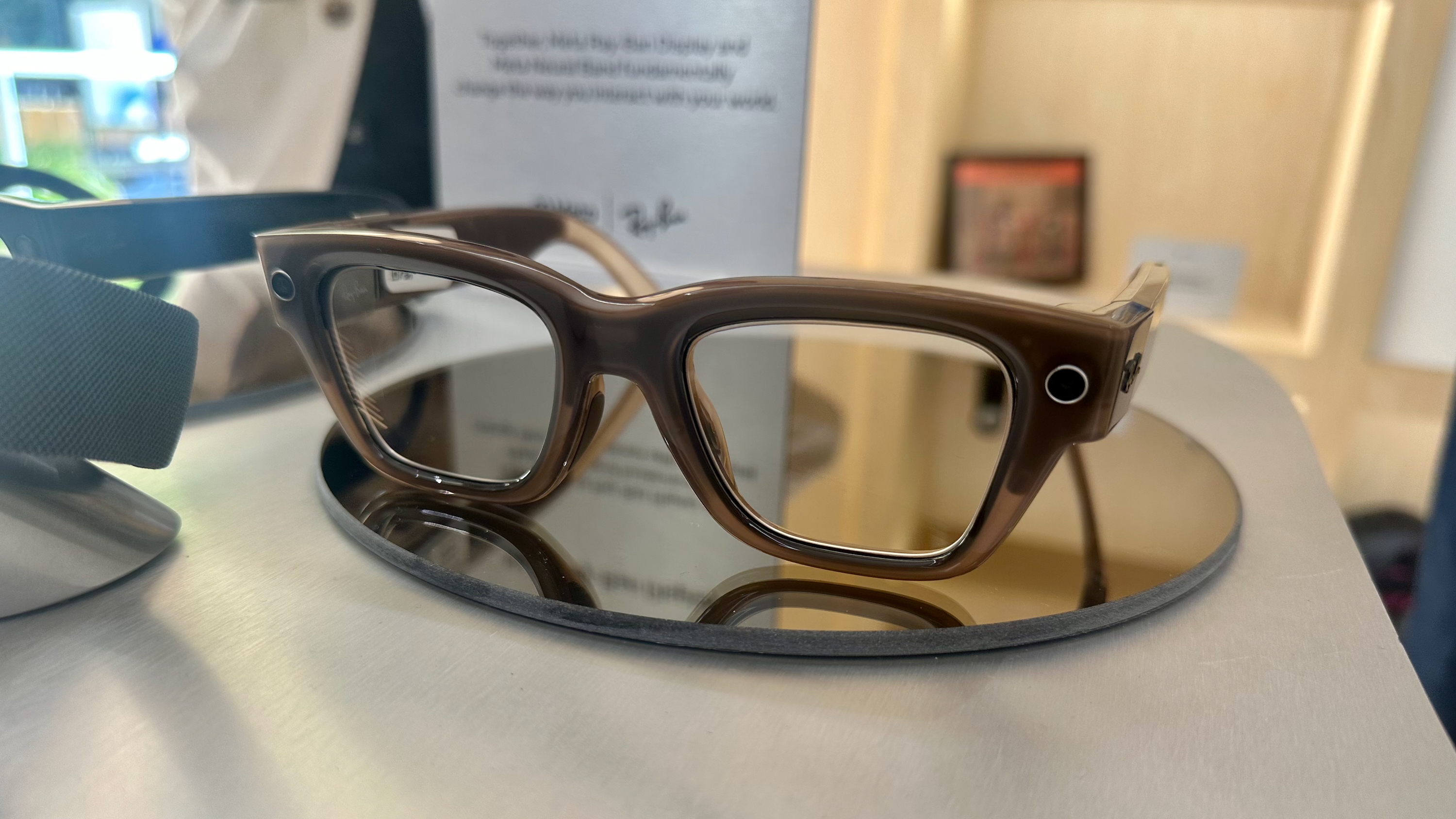Uber app adds audio recording, warns you if your driver goes off-route

What you need to know
- Uber will allow passengers or drivers to record encrypted audio of their trip through the app.
- Audio recording is currently only available in three U.S. cities — Kansas City, Louisville, and Raleigh-Durham — as well as twelve Latin American countries.
- Uber RideCheck has been expanded to detect early stops or route deviations.
- New "audible seat belt alerts" will ask you to secure yourself at the start of a trip.

Even if 99.99% of rideshare trips end without incident, the tiny fraction of outliers can prove traumatic or deadly for passengers or drivers. Case in point, an Uber safety report indicated 9 murders and 3,000 sexual assaults took place in 2018 across 1.3 billion Uber rides.
Last week, Uber announced some new safety features in its app to help make rides safer for all parties involved.
The company has made some vital updates to Uber RideCheck, its automated tool for contacting drivers and passengers after a long stop in case of an accident. Now, if the driver marks the trip as completed short of the destination, or if they take an unexplained detour, the passenger receives a safety check, prompting them to contact the Safety Issue Reporting Line or their emergency line if necessary.
Uber will also test a pilot program for recording audio through its app in three U.S. cities. With this optional feature, the passenger or driver can choose to record the trip's audio to their phones, without the other knowing.
Recordings are encrypted so no one at Uber or in the car can listen to it, taking up about 1MB for every 5–7 minutes of recording. But if you issue a safety report, Uber will receive and decrypt the recording to corroborate your safety report.
Uber has tested this feature in Mexico, Brazil, and other Latin American countries since 2019. It is likely that barring any issues with the pilot tests, Uber will roll this out to the rest of the United States — and other countries — in the near future. But its reach may vary based on local or state laws about recordings of private individuals.
One issue with using Uber's audio recording tool is that you won't have access to the recording. Even if you submit a report, only Uber will have the tool to decrypt the audio file. Uber says it "will consider providing the audio recording to the reporting party upon request on a case-by-case basis," but you have no guarantee of that. So if you feel something horrible happened to you, but an Uber safety officer disagreed, you'd have no recourse to get a second opinion.
Get the latest news from Android Central, your trusted companion in the world of Android
Lastly, Uber will now send an audible alert and push notification to passengers at the start of drives, asking them to put on their seat belts. This will ideally result in better passenger safety, without putting the onus on drivers to convince passengers to do so.

Michael is Android Central's resident expert on wearables and fitness. Before joining Android Central, he freelanced for years at Techradar, Wareable, Windows Central, and Digital Trends. Channeling his love of running, he established himself as an expert on fitness watches, testing and reviewing models from Garmin, Fitbit, Samsung, Apple, COROS, Polar, Amazfit, Suunto, and more.
